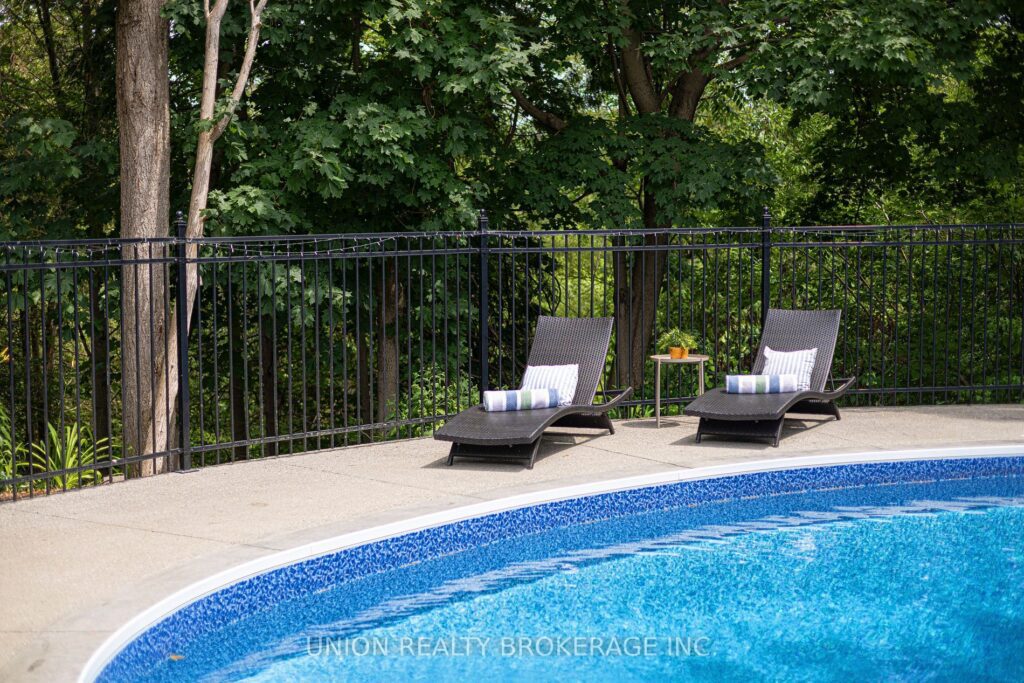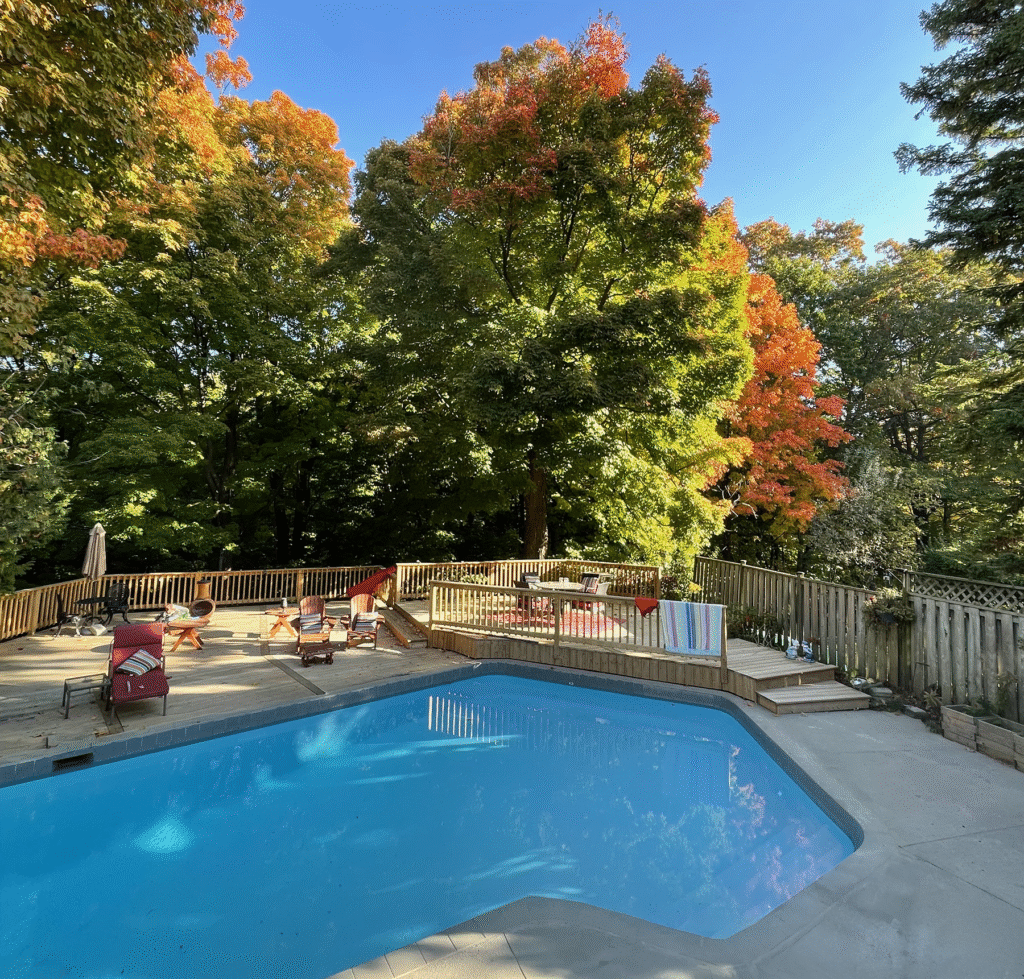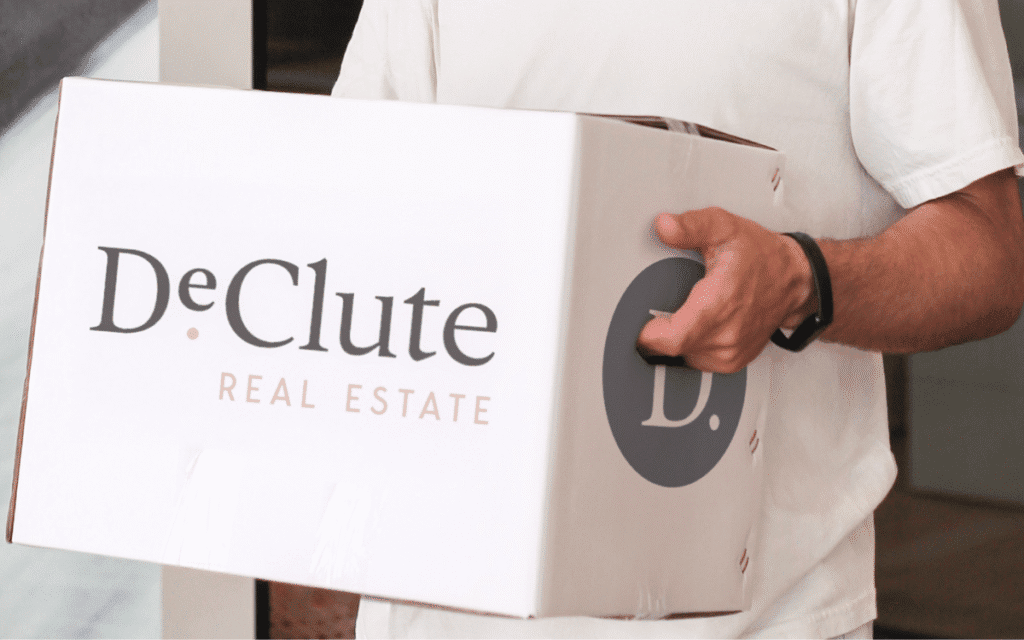Variable or fixed? For homeowners, and soon-to-be homeowners, mortgages can be a heated debate—especially with Bank of Canada interest rate increases lately. The current economic uncertainty is making it even more difficult for people to decide between a variable or fixed rate mortgage. If you’re looking for guidance, here’s what you should know.
What’s a variable rate mortgage?
With a variable rate, your interest rate increases and decreases throughout your chosen mortgage term, and the fluctuations are directly impacted by the Bank of Canada. Basically, your payment amount can change—as we’ve seen multiple times this year—which makes this type of mortgage more volatile. However, variable interest rates are generally lower than fixed rates.
What’s a fixed rate mortgage?
Though a fixed rate is typically higher than a variable rate, it doesn’t change throughout your term—it’s essentially ‘locked in’ for the term you choose, with options ranging from one to 10 years in length.
What are the pros and cons of a variable rate mortgage?
If you ever need to break your mortgage—meaning you pay a fee to get out of your contract —variable rate mortgages are usually more flexible in terms of penalties. Historically, variable rates have also come out ahead of fixed rates. However, the risk of sticking with a variable rate can be a negative for some people, as not being able to predict your payment amounts can be stressful.
What are the pros and cons of a fixed rate mortgage?
A fixed rate can bring peace of mind to people who seek consistency, especially for budgeting. On the flip side, the interest rate will likely be higher to begin with, and the penalty to break the contract should be taken into account, as fee calculations vary depending on the lender.
What else should I consider when deciding on a mortgage?
Types of variable mortgages
Variable rates can vary from lender to lender, and there’s some flexibility within this type of mortgage as well. A variable “non-adjustable” static payment mortgage, for example, means your payments stay the same regardless of rate changes, and your amortization will change instead.
Your term length
A recession could trigger lower interest rates again, making it tricky to decide whether to lock into a fixed rate mortgage. Who knows what the economy will look like in five years? Many people are considering shorter-term fixed rate mortgages in the meantime, such as two, three, and four-year terms.
Ultimately, deciding on a mortgage type comes down to personal preference and comfort. The level of risk, your financial state, and short and long-term goals should all be factors when considering which move to make.
Talking to a real estate or mortgage professional can really help make everything you need clear and feel less overwhelming. We work with some of the top-rated mortgage companies in the city, such as Outline Financial, so let us know if you are ready to get in touch with someone and start the process!



